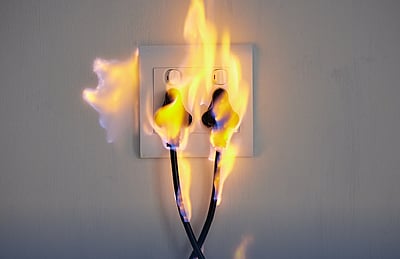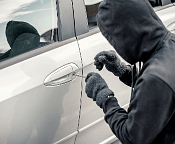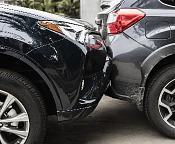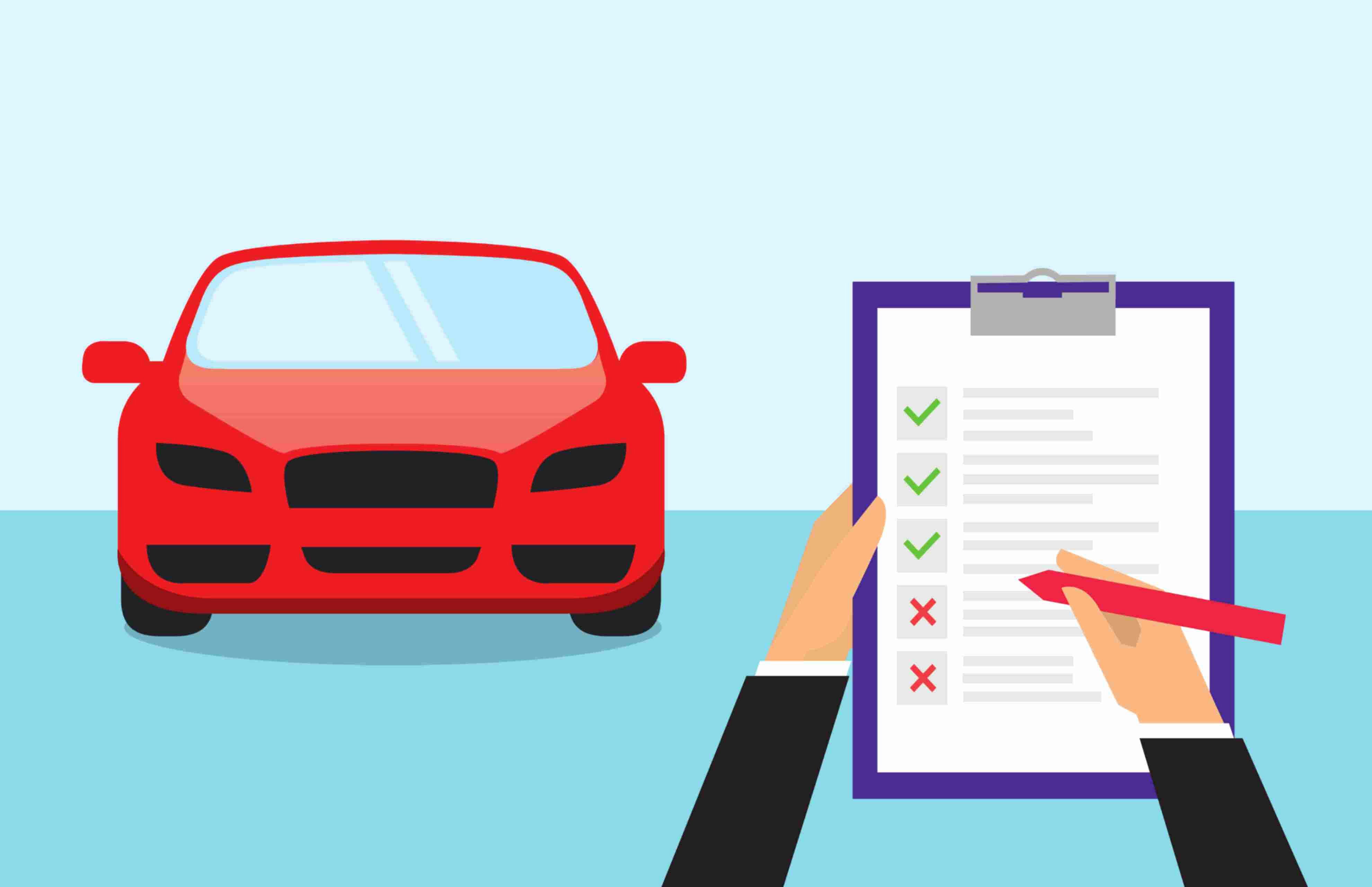Knowledge Hub
Knowledge Hub

SA INSURERS SWITCH OFF SURGE COVER, BUT ONE KEEPS IT ON
General News
April 25, 2023
Most insurers have highlighted that if South Africa is suddenly plunged into complete darkness because of the looming threat of grid failure, power surge related damages will not be covered - but, will a power surge be covered if it’s a result of the stage 6 loadshedding currently being experienced?
According to Anneli Retief, Head of Dialdirect Insurance: “Most South Africans are still in the dark about whether they’ll be covered for damages caused by power surges. While grid failure was never stipulated as an insured event and has never featured in policy terms and conditions, loadshedding related power surge damage is a grey area. Some insurers have capped power surge payouts, some say we’ve got you covered, but at a higher cost and some will cover some power surge related damage but not all. It’s confusing.”
Despite noting a 69% increase in power surge related claims in January to March 2023 compared to the same period last year, Dialdirect has launched a new product designed to protect South Africans from load shedding related crime and damage.
“The electricity crisis is beyond our control, and we shouldn’t be penalised for it,” notes Retief.
Retief says that a power surge takes place when the flow of electricity is interrupted and then starts up again, sending electricity back into the system. Power surges can cause instant damage to electrical appliances by melting plastic or metal parts and burning circuits. She provides these helpful power surge prevention tips.
· Have the updated loadshedding schedules on hand so that your family will have enough time to prepare for the power outage.
· Beware the surge – surge protectors are more readily available than ever and can be purchased at most retailers and hardware stores. Surge protectors should be installed at three points on the property: at the utilities meter; at the load side of the main service panel and plugged into electrical equipment inside the home. A wide range of plug adaptors are on offer including multi-plugs, two-pin plugs and plugs with a USB portal. Plus, there are even specific plugs for TVs and fridges. Another quick and cost-effective solution is to plug appliances into a power strip/multi-plug with a built-in surge protector.
· Disconnect – remember to disconnect electronics and appliances just before scheduled loadshedding times. Power surges usually occur when the power comes back on so ensure you wait until loadshedding has ended to switch them back on again. Ideally switch them on one by one.
· Consider fire risks – switch off any devices that could cause a fire risk when power is restored.
· Keep cool – ensure fridges and freezers remain closed to keep them cooler for longer.
· Illuminate – get a few high-wattage solar powered lights for your garden, and a few LED lights for inside. Light is a crime deterrent. Rechargeable LED lightbulbs are a great cost-effective alternative to smart light bulbs. Also keep a torch or a solar, battery powered light that is charged beforehand in multiple, easily accessible locations around your home. Be sure to also have plenty of spare batteries.
· Safety first – if you need to manually open and close your gates when you get home, try to have someone come and meet you at your entrance, or arrange for an escort from your security company.
· Use padlocks, burglar bars and deadbolts – these provide an extra level of home security that isn’t power-dependent.
· Security backup – alarm systems, garage doors and electric gates generally rely on electricity so make sure that these items all have good back-up batteries.
· Stay online – staying online and connected to the internet is critical for most of us, so it’s a good idea to invest in a good UPS for your router, modem, access points etc., so you can remain connected throughout loadshedding. Power banks are also a useful option for smaller devices like your phone – an essential tool during a power outage.
· Data protection – in case you do lose connection, frequently back up to the cloud to ensure you don’t lose important files, documents, photos, etc. Some options to consider are Google Cloud, iCloud, Microsoft OneDrive or Dropbox.
· Dedicated circuits – a problem in more modern homes is circuit overload, so to prevent that from happening, ensure large appliances have dedicated circuits.
· Update – make sure that the wiring in your home has been updated. Many homes are not equipped to handle today’s modern devices and may run the risk of power surges. Signs that your wiring is outdated are frequent blown fuses or tripped circuits – important signs that should not be ignored.
“The golden rule is to proactively think about all the ways in which things can go wrong and plan thoroughly,” Retief concludes. “It’s also vital to have insurance in place, should catastrophe strike during power outages or as a result of surges.”

We have great insurance products
Need car, home & Life Insurance? We offer a wide range of insurance products. Switch & get cash back on insurance premiums.





















